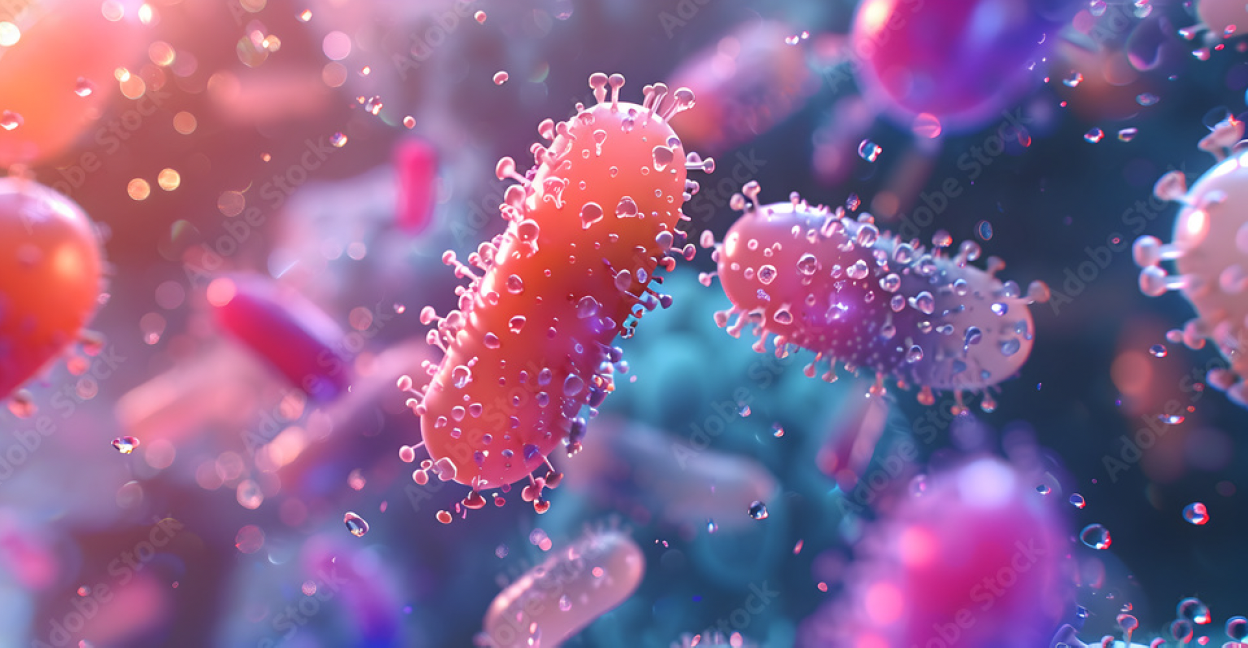Exploring the Gut Microbiome - Autism Spectrum Disorder Connection: Implications for Therapeutic Interventions and Future Directions
DOI:
https://doi.org/10.52243/bptjm.v4i1.54Keywords:
Gut Microbiome, Autism Spectrum Disorder, Neurodevelopment, Gut-Brain-Axis, Dysbiosis, Microbiota Transfer Therapy, Blood-Brain-BarrierAbstract
The gut microbiome, a diverse community of microorganisms in the gastrointestinal tract, is vital for human health and has a symbiotic relationship with the host. Autism spectrum disorder (ASD), a complex condition affecting social interaction, speech, and behavior, manifests early in life and affects 1 in 36 children globally. Research shows a significant link between the gut microbiome and ASD symptoms, with dysbiosis observed in individuals with ASD compared to neurotypical populations. Pathogenic gut microbiota can produce toxins that increase gut permeability, impair the intestinal barrier, and activate the immune system. The vagal nerve, influencing central nervous system (CNS) activity, can release peripheral cytokines inducing depression-like behaviors. Thus, dietary changes and treatments targeting the gut microbiota, such as Microbiota Transfer Therapy (MTT), offer promising methods for treating ASD symptoms. Current research focuses on dietary therapies like gluten-free and casein-free diets, ketogenic diets, and probiotics/prebiotics supplementation to modify the gut microbiota and enhance ASD treatment outcomes. However, more research is needed to fully understand the gut microbiota-ASD connection and establish evidence-based interventions. Individualized approaches are crucial for the safety and effectiveness of therapeutic strategies for ASD. Exploring the gut microbiome's role in ASD offers promising avenues for novel treatments and improved understanding of the disorder.
Downloads






